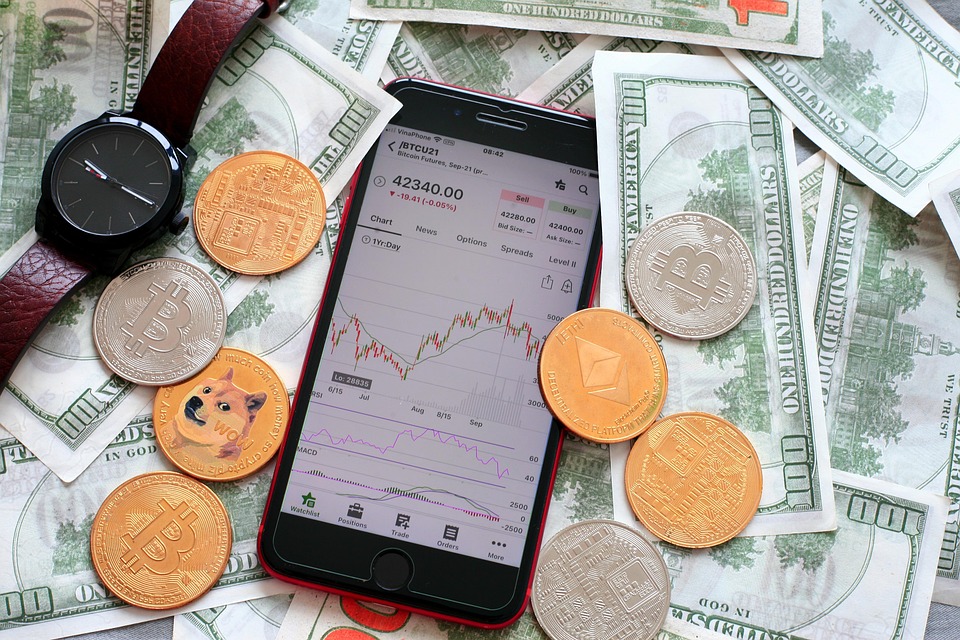Understanding RBC Direct Investing: A Comprehensive Guide to Trading Fees
RBC Direct Investing is one of Canada’s leading online brokerage platforms, offering a wide range of investment options for both novice and experienced traders. As with any investment platform, understanding the associated trading fees is crucial for making informed decisions. This guide will provide a comprehensive overview of the trading fees associated with RBC Direct Investing, helping you navigate the costs involved in your investment journey.
Overview of RBC Direct Investing
RBC Direct Investing is a subsidiary of the Royal Bank of Canada, providing clients with the tools and resources needed to manage their investments online. The platform offers access to various investment products, including stocks, ETFs, mutual funds, options, and fixed income securities. With a user-friendly interface and robust research tools, RBC Direct Investing caters to a diverse range of investors.
Types of Trading Fees
When trading through RBC Direct Investing, it’s essential to be aware of the different types of fees that may apply. Here’s a breakdown of the primary trading fees you can expect:
Commission Fees
Commission fees are the most common type of trading fee. RBC Direct Investing charges a flat commission for each trade executed on the platform. As of the latest information, the standard commission for online equity trades is $9.95 per trade. However, for active traders who execute a high volume of trades, RBC offers a reduced commission rate of $6.95 per trade for those who make 150 or more trades in a calendar year.
Options Trading Fees
If you’re interested in trading options, RBC Direct Investing has specific fees associated with this type of trading. The commission for options trades is $9.95 plus $1.25 per contract. This fee structure allows traders to engage in options trading while being aware of the costs involved.
Mutual Fund Fees
Investing in mutual funds through RBC Direct Investing may also incur fees. While there are no commission fees for purchasing mutual funds, investors should be aware of the management expense ratios (MERs) associated with the funds. These fees are charged by the fund manager and can vary significantly depending on the mutual fund selected.
Exchange and Regulatory Fees
In addition to the standard commission fees, traders may also encounter exchange and regulatory fees. These fees are typically small and are charged by the exchanges where trades are executed. RBC Direct Investing includes these fees in the overall commission structure, so they may not be explicitly listed on your trade confirmation.
Account Maintenance Fees
RBC Direct Investing does not charge annual account maintenance fees for standard investment accounts. However, it’s essential to review the terms and conditions, as certain account types or inactivity may lead to fees. For example, registered accounts like RRSPs or TFSAs may have specific requirements that, if not met, could result in fees.
Discounts and Promotions
RBC Direct Investing occasionally offers promotions and discounts for new clients or specific trading activities. These promotions can include reduced commission rates or cash bonuses for transferring assets to the platform. It’s advisable to check the RBC Direct Investing website or contact customer service for the latest offers.
Conclusion
Understanding the trading fees associated with RBC Direct Investing is essential for maximizing your investment returns. By being aware of commission fees, options trading costs, mutual fund expenses, and other potential charges, you can make informed decisions that align with your investment strategy. Always stay updated on any changes to fee structures and take advantage of promotions to enhance your trading experience. With the right knowledge, you can navigate the world of online investing with confidence.




